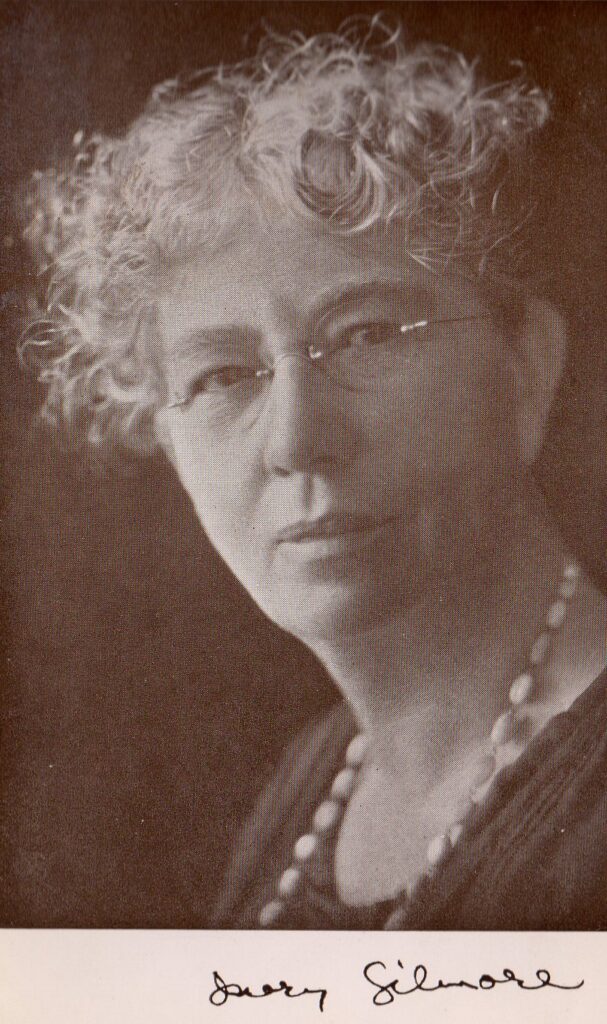When I asked this question on a social media forum recently the most common response from readers was, ‘Knowing about what happened in the past can help to make sense of what’s happening today.’ Writers responded with comments such as, ‘I have always had a fascination with . . . [the Roman period, Medieval Britain, the history of the woman’s movement, the colonising of the USA, etc etc].’
My own response comes from my experiences of researching for my non-fiction books about the history of colonial Australia as experienced by my Australian ancestors. Among the books I read were a smattering of novels, because while non-fiction doesn’t necessarily focus on people’s emotions or reactions to events, a well-written and –researched historical novel can bring to life the people behind those events.

As the late writer Hilary Mantel said, history can tell us what characters did, but not what they thought and felt – “the interior of my characters’ lives,” as she put it. And in response to the criticism that historical novels often falsify the past she asserted that readers of historical fiction are “actively requesting a subjective interpretation” of the evidence, and that the writer’s job is “to recreate the texture of lived experience: to activate the senses, and to deepen the reader’s engagement through feeling.” (I’ve written about the hazards of playing around with history here.)
Click here for the full text of Hilary Mantel’s Reith Lecture.
In my case if there is a particular event or period in the past that interests me that’s a good enough reason to want to write a book set in that period. A case in point was the Bloomsbury Set between the World Wars, which features in my second novel The Purpose of Prudence de Vere. The battle in the theatre world between the Old Order of the actor-manager and the New Idea of plays that challenged the status quo through the likes of Ibsen and & Shaw, plus a fascination with the suffrage movement, were the inspirations behind my Edwardian novels The Makings of Violet Frogg and Mrs Morphett’s Macaroons.

When writing about her own family history at much the same place and time as mine, the writer Kate Grenville decided to turn her book The Secret River into a novel. As she says on her website: “Solomon Wiseman [her real-life ancestor] emerged from the documents as a vivid, strongly-present individual man, but he was also a representative of his class, time and place. I realised that I could use what I knew of his life, but turn his story into fiction so that I could tell the silent part of his story as well. The story of one man could stand for a much bigger story, about the often-violent reality of white settlement in Australia.”
The image is the programme of the play of The Secret River staged in a quarry outside Adelaide as part of the 2017 Festival. I wrote about this amazing experience here.
If anyone is reading this I would love to hear of any particular historical novels you’ve read and enjoyed, and why!
Patsy Trench
London 2022

